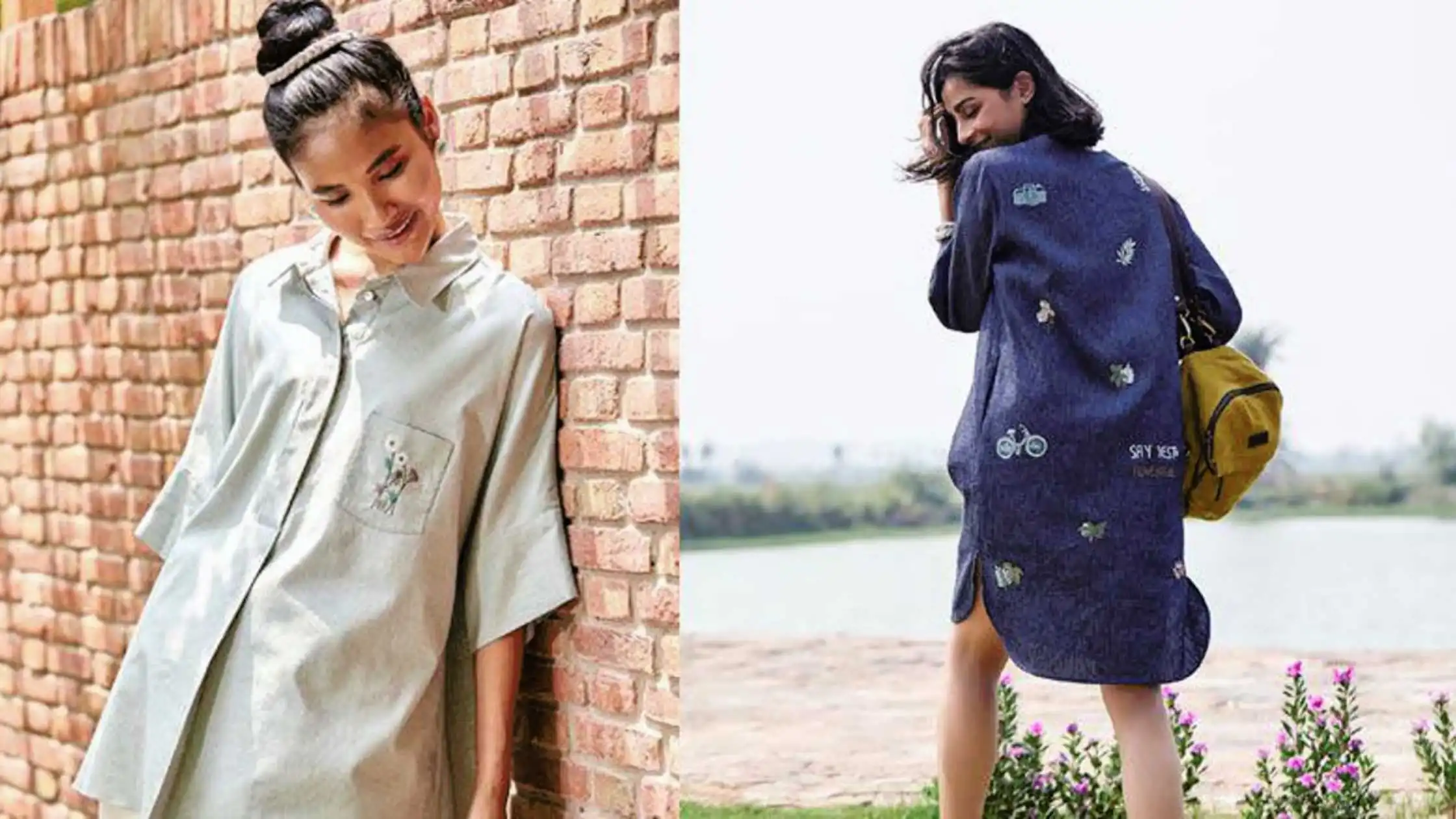Cannabis is the original and only “true hemp.” In the last century, several fibre plants have chosen such significant hemp kinds:
- Musa textilis is Manila hemp, which is known as abaca;
- Agave fourcroydes L. is Sisal hemp is henequen;
- Phormium Tenax is New Zealand hemp;
- Furcraea foetida is Mauritius;
- Hibiscus cannabinus is deccan hemp;
- Crotolaria juncea is Sunn hemp;
- Corchorus capsularis L. is known as Indian hemp, but it shouldn’t be mixed with Cannabis indica, which used to be named Indian hemp.
Foreign-milled hemp-cotton blend teem in hemp fashion today. Though the blend loses strength, it has advantages, such as more softness, better moisture-wicking, and a lower price. Some companies have also begun using hemp-cotton twills, and jeans are sewn of denim, consisting of 100 per cent hemp. Hemp-silk blends have recently been introduced; they combine softness and strength.
Pure, 100 per cent hemp is the way hemp appears in designs today, usually in its natural off-white colour. Today, we have Chinese, Hungarian, Russian, and Ukrainian hemp fabrics in women’s, men’s, and children’s clothing and accessories such as bags, shoes, and hemp hats. The Hungarian and Russian hemp fabric is more challenging and darker than the Chinese. Also appears English hemp, which is mixed with recycled wool or recycled cotton. A mixture of cloth from hemp and recycled cotton is used for sewing jeans. One enterprising company, Pan World Traders, travelled to Transylvania to purchase antique hemp linens one household at a time. They hand-dyed and stitched the fine fabric into caps, packs, neckties, and handkerchiefs.
Established enviro-wear companies are starting to make use of hemp. For example, the Used Rubber company from San Francisco, which produces bags, accessories, and belts from recycled rubber, added hemp as the first fabric in their line when they discovered its ecological advantages. In early 1995, Deja Shoe released a line of hemp-fabric shoes and was awarded by the United Nations’ Fashion Industry at the United Nations. It received the Environment Award for its recycled-products shoes. Bob Farentinos, former vice-president of environmental affairs at Deja, said that his technical people call hemp fabric “bulletproof”. He noted that hemp fulfils our mission of using a sustainable crop of plant material in our shoes, and it is challenging to defeat hemp in all its advantages.
Disclaimer: This article is originally published on https://homegrown.co.in/article/803356/3-indian-fashion-labels-using-hemp-to-make-eco-friendly-clothes





